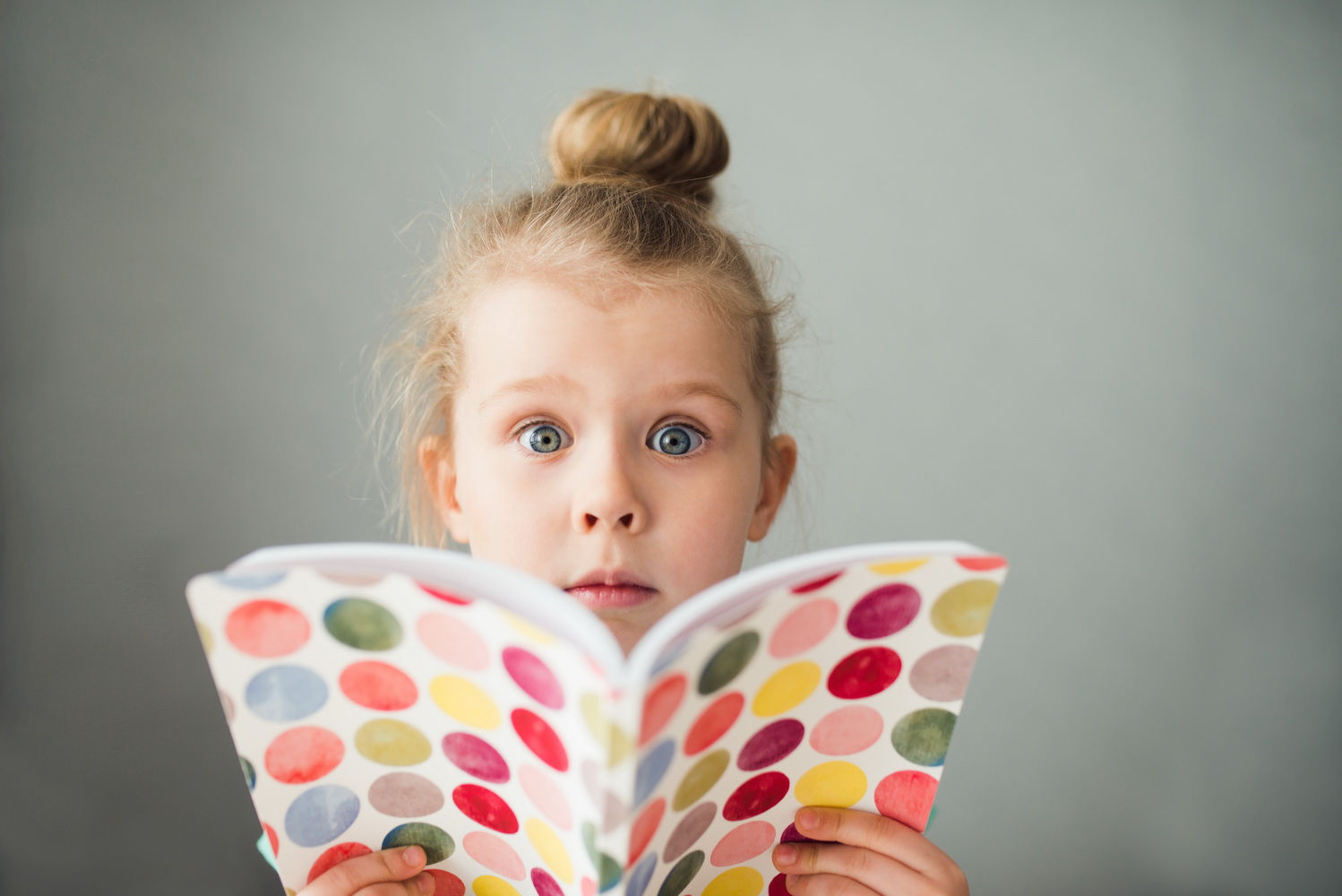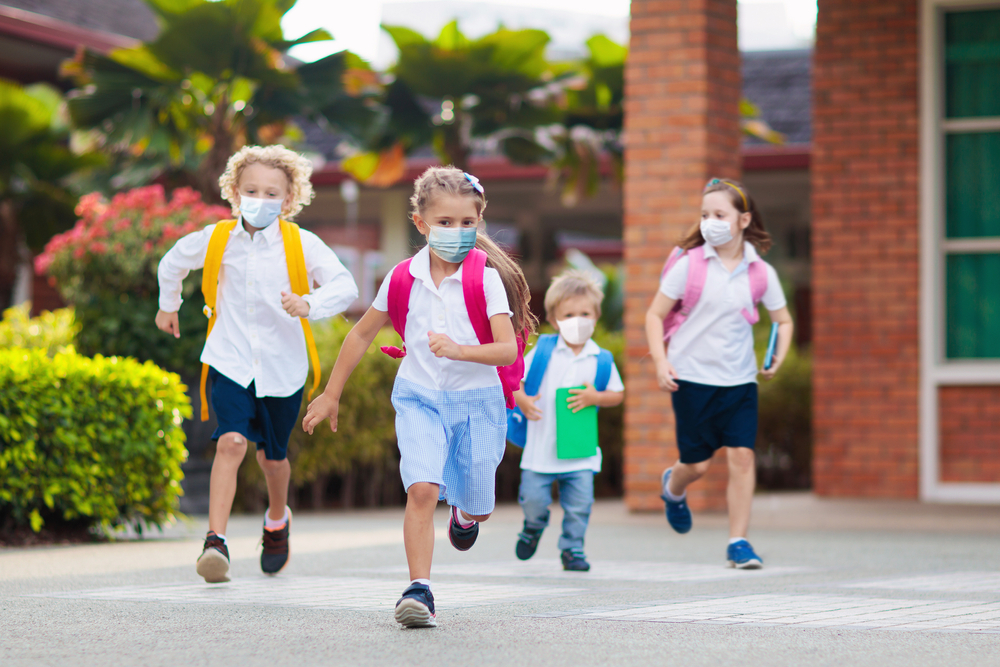Classification skills Normal Worksheets for Ages 6-8
7 filtered results
-
From - To
Discover engaging "Classification Skills Normal Worksheets" designed specifically for children aged 6-8! These printable resources help young learners enhance their classification abilities by exploring various categories, including animals, vehicles, shapes, and more. Fun and interactive, each worksheet encourages critical thinking as kids sort and group items based on unique attributes. Perfect for both classroom and home use, these worksheets support essential cognitive development while making learning enjoyable. Enhance your child's organization skills and boost their confidence in identifying relationships between different objects. Explore our collection today and help your child excel in their educational journey with these captivating classification activities!


Matter: Assessment 1 Worksheet
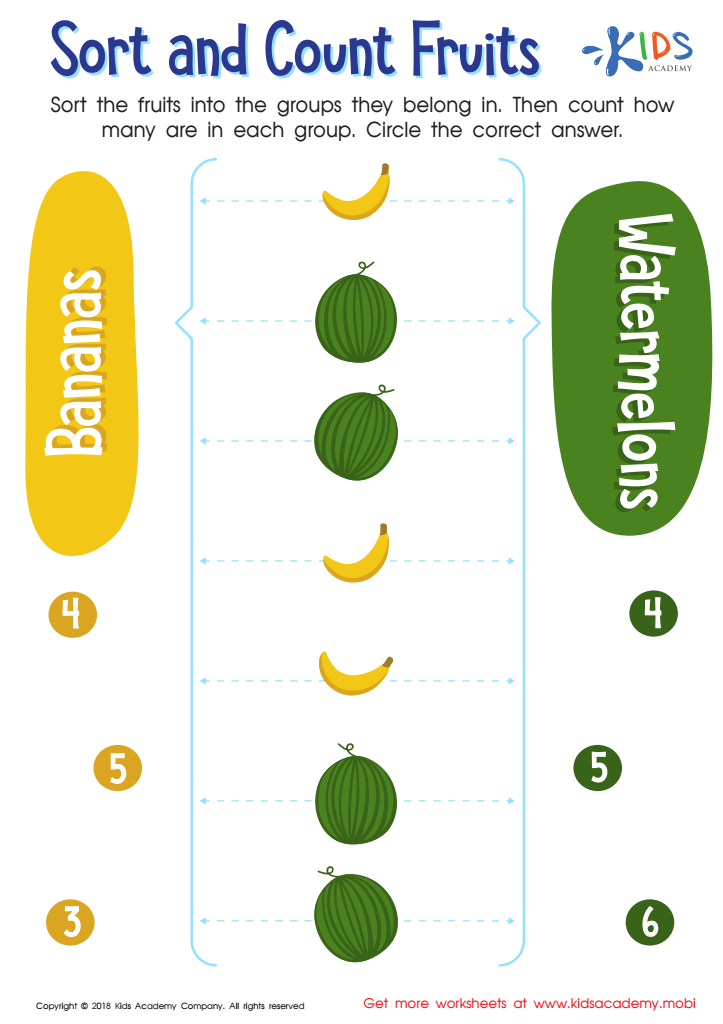

Sort and Count Fruits Worksheet
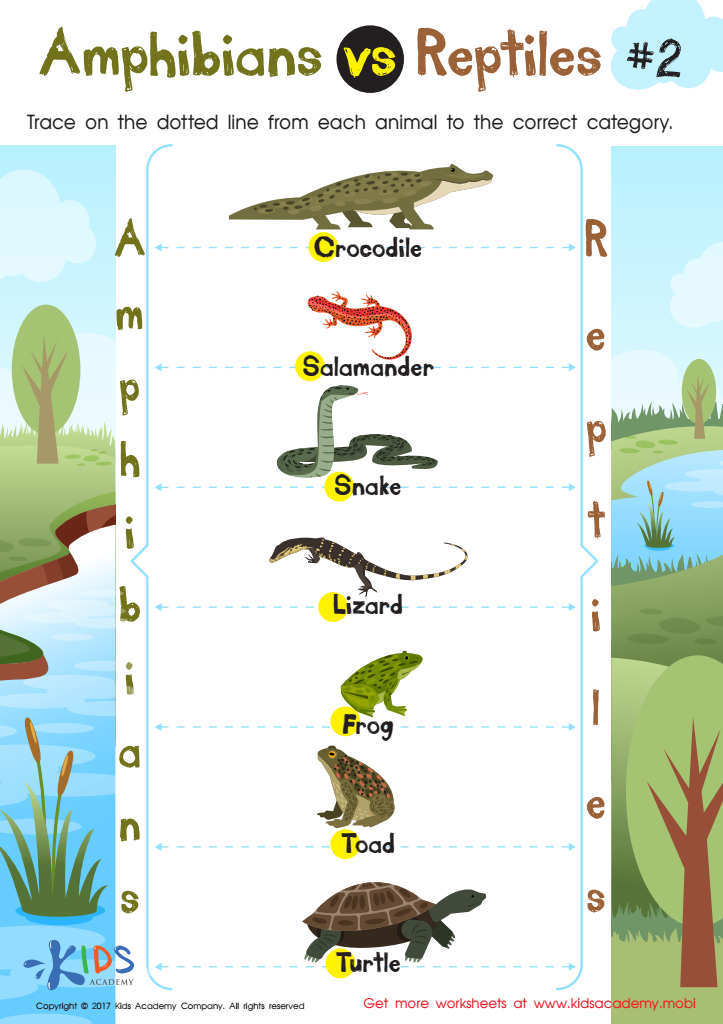

Amphibians vs Reptiles Worksheet for 3rd Grade
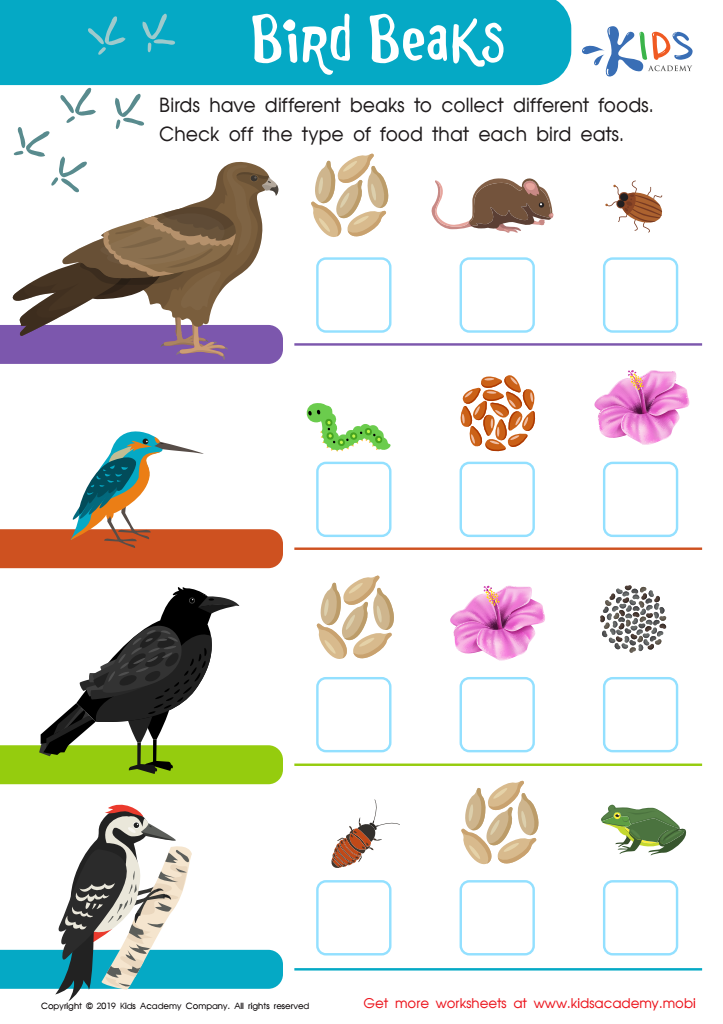

Bird Beaks Worksheet
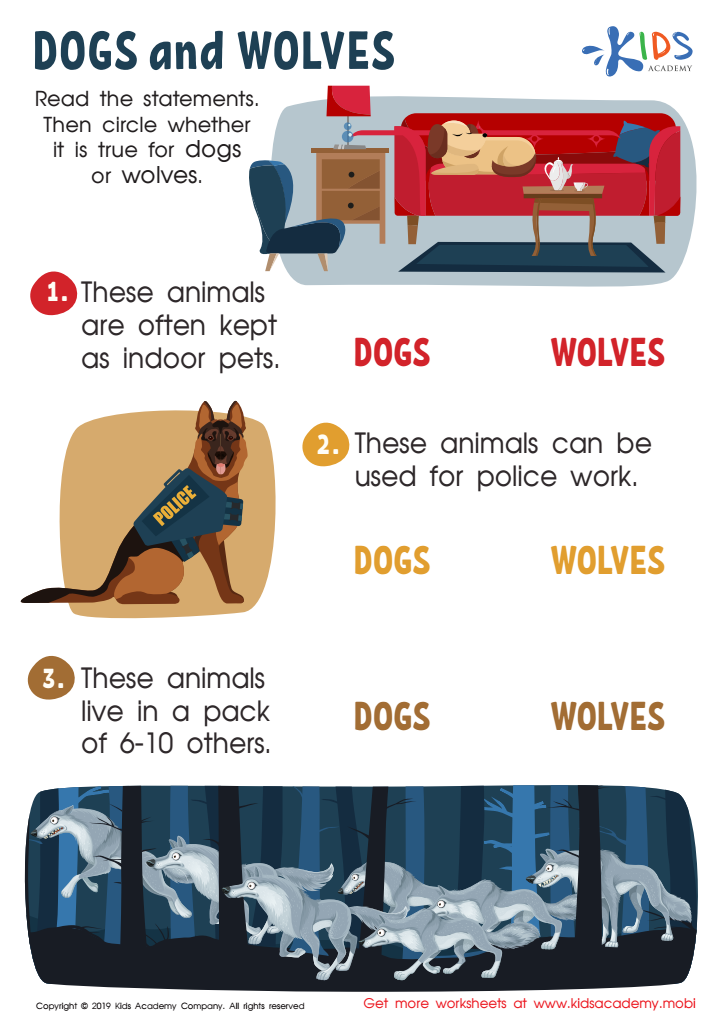

Dogs and Wolves Worksheet


Animals and Plants: Assessment 2 Worksheet


Space: Assessment 2 Worksheet
Classification skills are crucial for children aged 6-8, functioning as a foundational aspect of their cognitive development. During this stage, children begin to understand how to group objects based on shared characteristics, such as shape, color, size, or function. This ability fosters critical thinking, problem-solving, and reasoning skills, which are essential for their academic journey and everyday decision-making.
Parents and teachers should care about enhancing classification skills because they are integral to numerous learning experiences. For instance, science lessons on ecosystems or during math activities involving shapes and patterns heavily rely on these skills. Furthermore, strengthening classification helps children organize information, allowing them to navigate through data more adeptly.
Additionally, classification promotes language development, as children engage in conversations about categories, compare items, and articulate their reasoning for the groupings they make. This interaction encourages vocabulary growth and enhances communication skills.
Moreover, nurturing classification abilities in young learners supports their social and emotional skills. It encourages collaboration during group activities, fostering teamwork and interpersonal connections. Overall, focused attention on developing classification skills equips children with the tools necessary for lifelong learning and adaptation to an ever-evolving world.
 Assign to My Students
Assign to My Students


